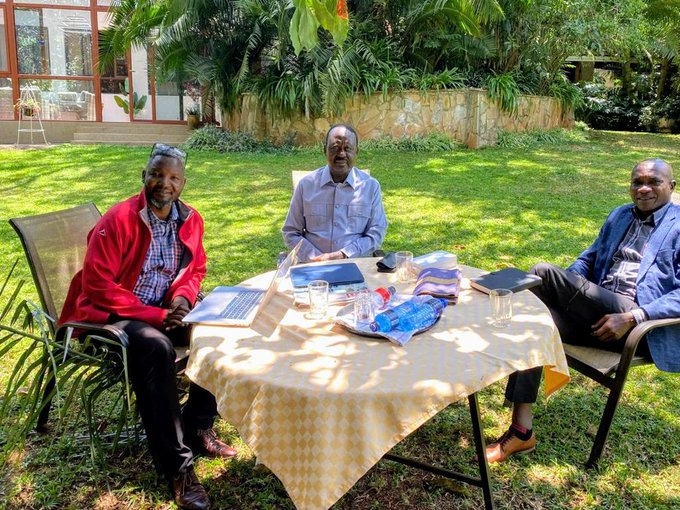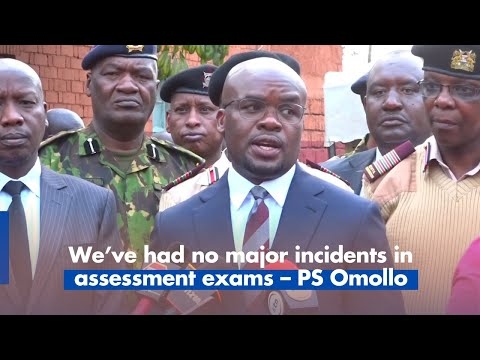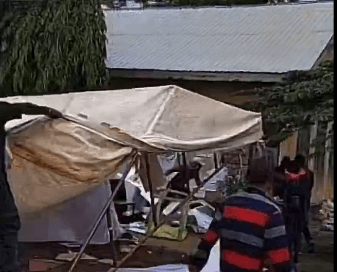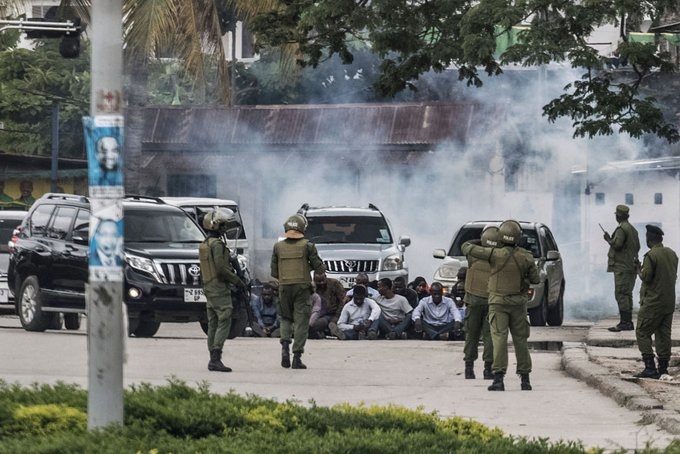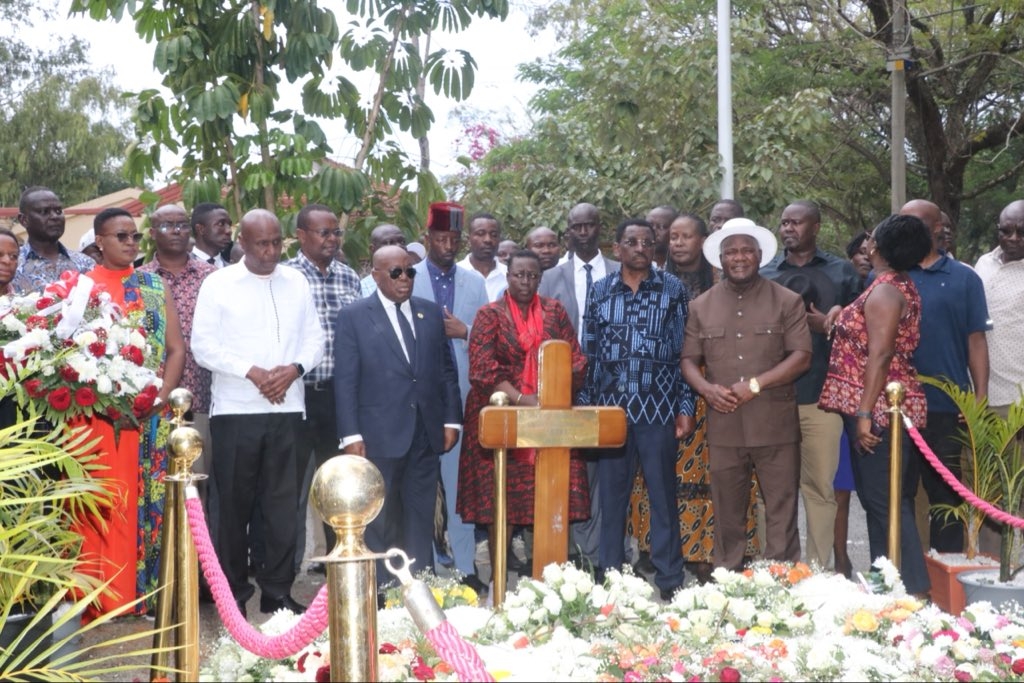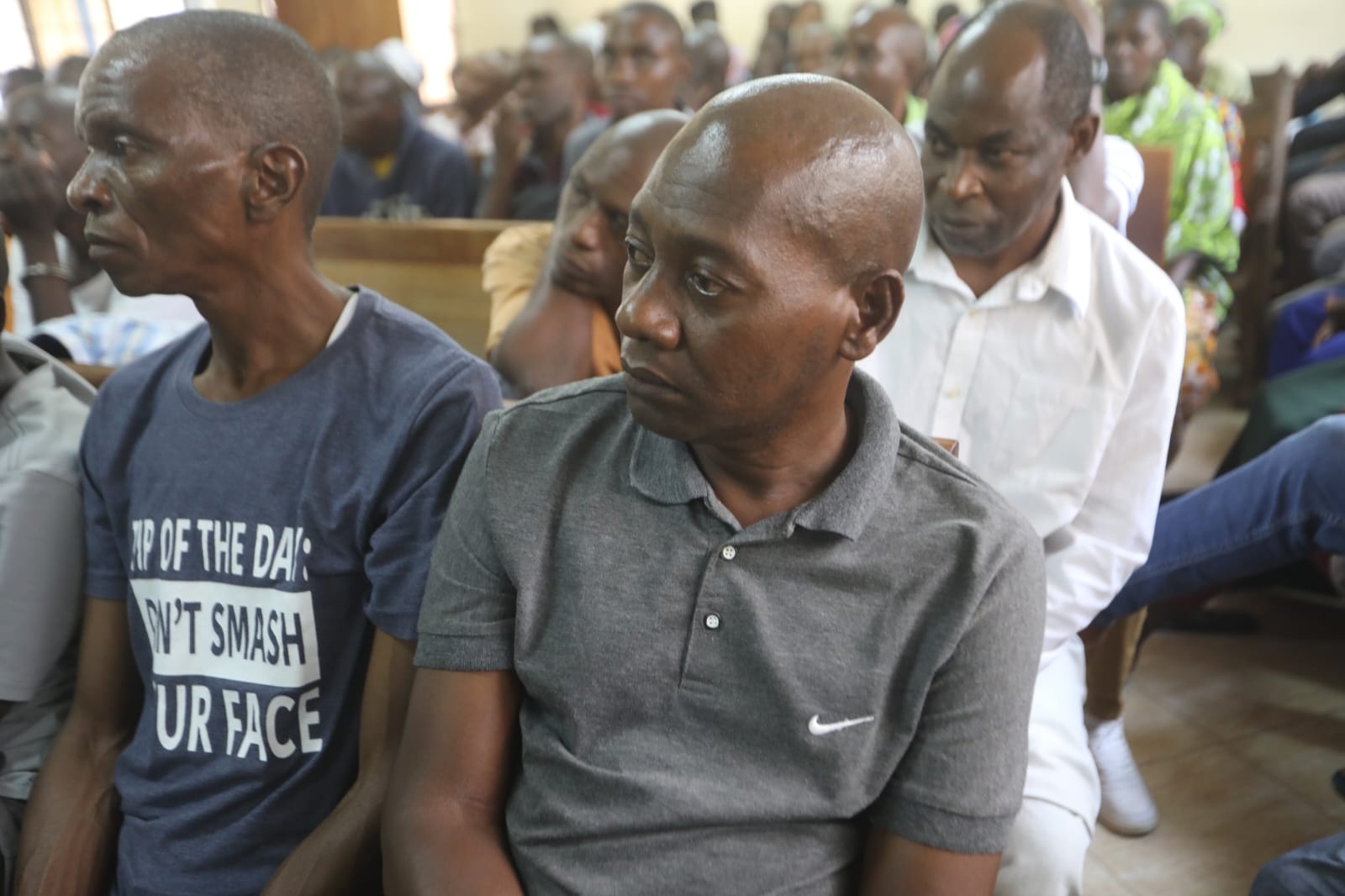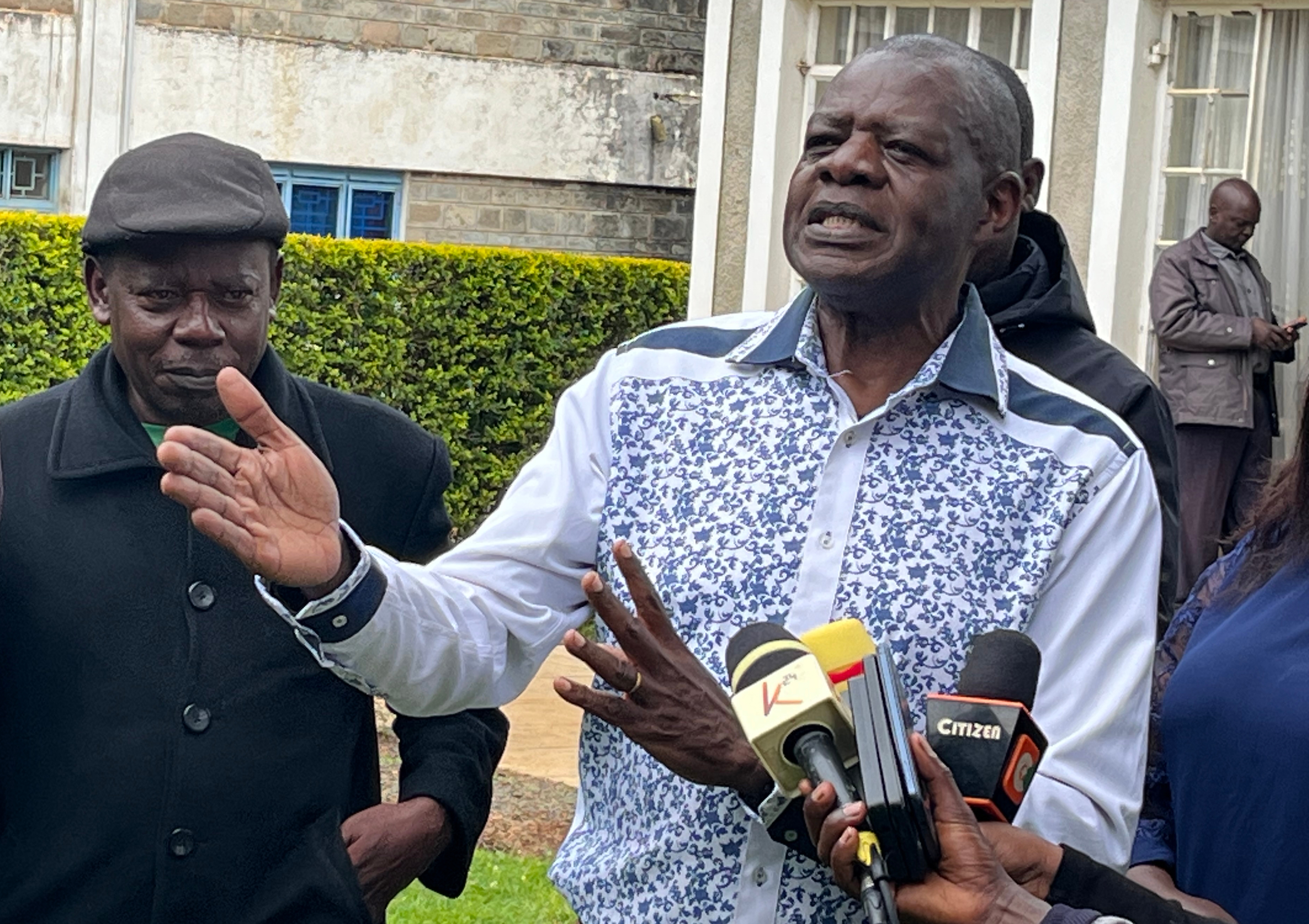I literally grew up in a courthouse. My late father, God bless his soul, was one of the pioneer lay magistrates and by the time he left the magistracy was possibly the longest serving.
My favourite pastime during school holidays was to spend time in the Court House. I loved to sit in my father’s chambers, and in his courtroom, and watch justice being dispensed real time. I have spent many a school holiday in the law courts of Nanyuki, Nyeri, Kajiado, Murang’a, Lamu, Malindi and Othaya.
I learnt a lot from courthouses. At a personal level, I met my destiny in a courthouse. It is in a courthouse where I knew what I wanted to be in life. It was in 1984, when I was in Form 5. During one of my common visits to my father’s courtroom in Othaya, I watched the legendary Lee Muthoga conduct what is till today the best cross examination of a prosecution witness I have ever seen.
I knew there and then that I want to be a trial lawyer and I wanted Lee Muthoga to mentor me. Three years later, I joined the faculty of law at the university of Nairobi. And before the end of that year, 1987, I was doing research as a mentee of Lee Muthoga.
Guess who I also saw for the first time, in my mentor’s defence team, in the court room that morning in Othaya in 1984 ?; the Deputy Chief Justice, Philomena Mwilu.
My frequent visits to courthouses in my youthful years also taught me alot about their significance in the perception of fair administration of justice. I came to understand court houses in two ways.
To the citizen, the courthouse a haven where one seeks refuge from injustice. The power of the tormentor ends at the gate of the courthouse, whether the tormentor be a policeman, a landlord or a spouse.
To the Judge and Magistrate, the courthouse is a castle. It is the seat of authority of the Judges and Magistrates; where they exercise their constitutional powers.
Indeed, outside the courtroom, the judicial officer is only a humble citizen : Though nowadays they are becoming more egoistic than politicians ; running ostentatious and extravagant retirement offices on taxpayers’ money and demanding to be driven in Mercedes Benz Limousines.
Inside the courtroom, however, the Judge and Magistrate is a Sovereign. Their space is majestic and they are the only remaining public officials that have the power to summarily jail a citizen for misconducting themselves in their domain.
It therefore pierces the very soul of justice when a courthouse is violated. Any activity that takes place inside the precincts of the court that in any way undermines the confidence of the public in the ultimate authority of the judge or magistrate in the courthouse is an unacceptable subversion of judicial power.
How will the people believe that the law and the courts can afford them any protection if the very altar on which judicial rituals are conducted affords no protection to the High Priests of those juridical liturgies?
I do not believe that judicial office affords any person special treatment before the law, and I do not agree with the decisions reached by our courts respecting the immunity of judges from the criminal process that every Kenyan is subject to.
I do, however, believe that the courthouse is a sacrosanct temple of justice and there is no justification for anyone, even if they are law enforcement officers, to violate a courthouse, unless in the exigent demands of protection of life or limb.
It is not important what a search of a judge’s chambers might turn out; though there are also pragmatic ways to do so in an acceptable manner if the exigencies so demanded.
What is important is to avert the damage that is done to the rule of law when the Judiciary is portrayed as not having even sentinel authority over the very temple of justice, the Court House.
That said, I don’t see what the Chief Justice will achieve if she accedes to the pressure from some sections of the legal profession to throw tantrums like her immediate two predecessors in the wake of the recent violations of the chambers of Justices Aggrey Muchelule and Said Chitembwe.
What we need to do as a legal profession is to consider a law on privileges in the Court House similar to the one we have for the Houses of Parliament that would ensure that such action is no longer possible, and in fact, is punishable.
In the meantime, let’s not forget that the debate on accountability of the Judiciary and judicial officers to the public is still pending.


